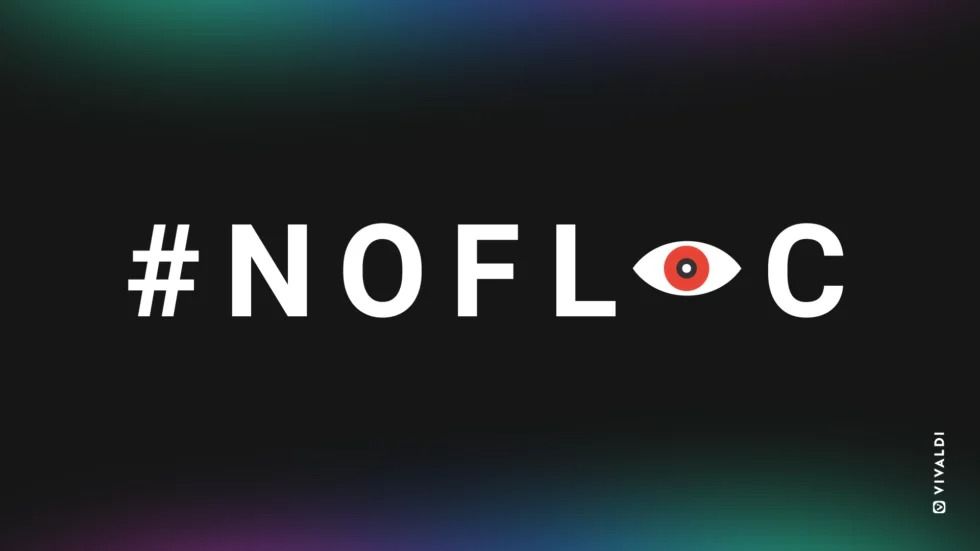Basically, Google’s FLoC replaces third-party cookies by grouping Chrome users based on their interests and demographics. Google claims it’s a better alternative to third-party cookies, but privacy advocates disagree — and so does DuckDuckGo, Brave, and Vivaldi. The disagreement appears to focus on the fact that Google isn’t getting consent before tracking users.
With FLoC, by simply browsing the web, you are automatically placed into a group based on your browsing history (“cohort”). Websites you visit will immediately be able to access this group FLoC ID and use it to target ads or content at you. It’s like walking into a store where they already know all about you! In addition, while FLoC is purported to be more private because it is a group, combined with your IP address (which also gets automatically sent to websites) you can continue to be tracked easily as an individual.
Brave, meanwhile, said it vehemently opposes FLoC, and any feature that’s designed to share information about users and their interest without first getting consent. Brave said in response to Google’s practices, it has removed FLoC in the Nightly version of both Brave for desktop and Android.
See DuckDuckGo, Brave, and Vivaldi will block Google’s FLoC
#technology #browsers #privacy #google #nofloc
A number of companies are speaking out against Google’s Federated Learning of Cohorts (FLoC), which is replacing third-party cookies.

